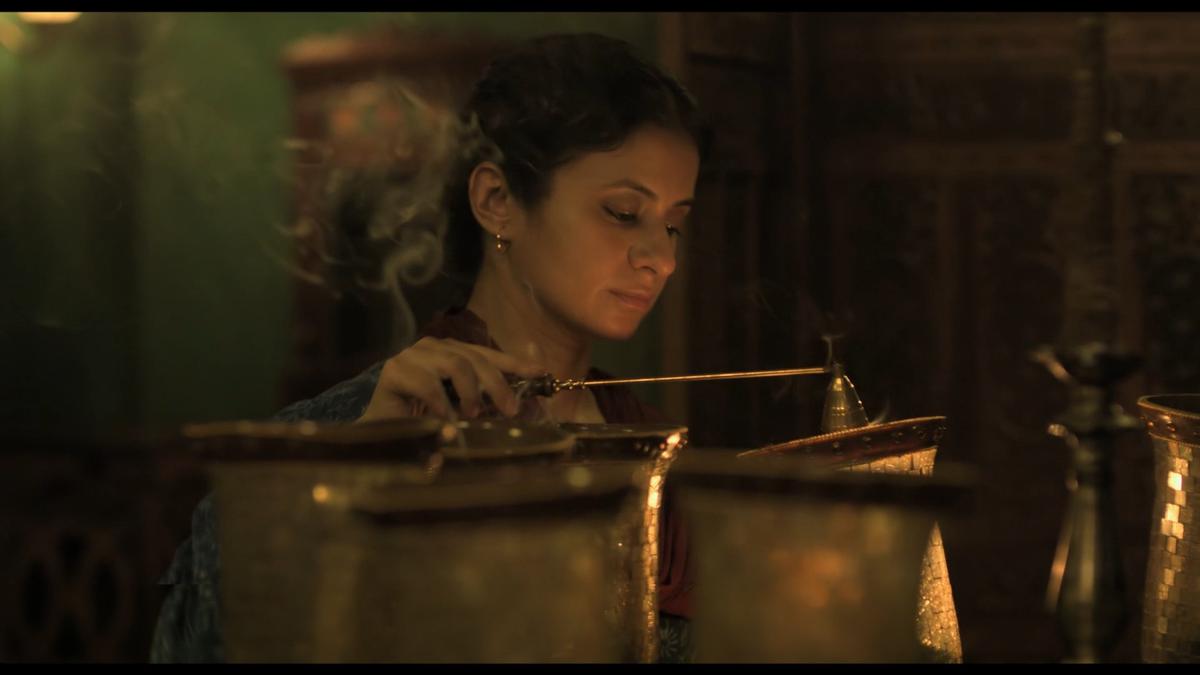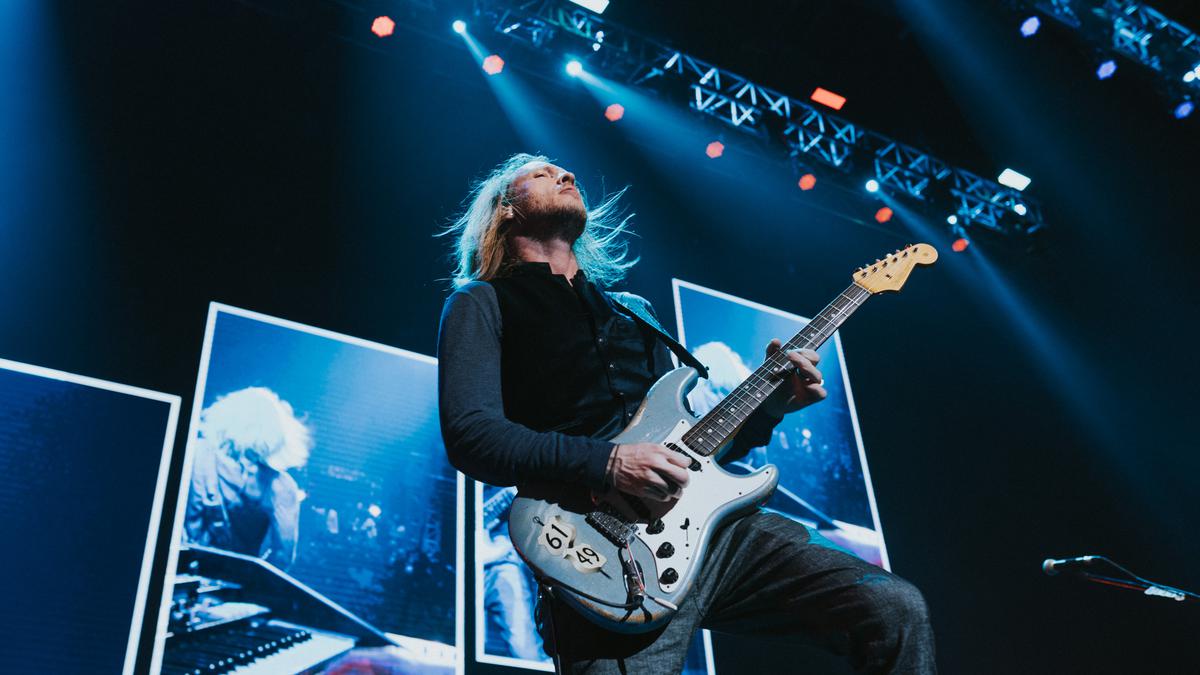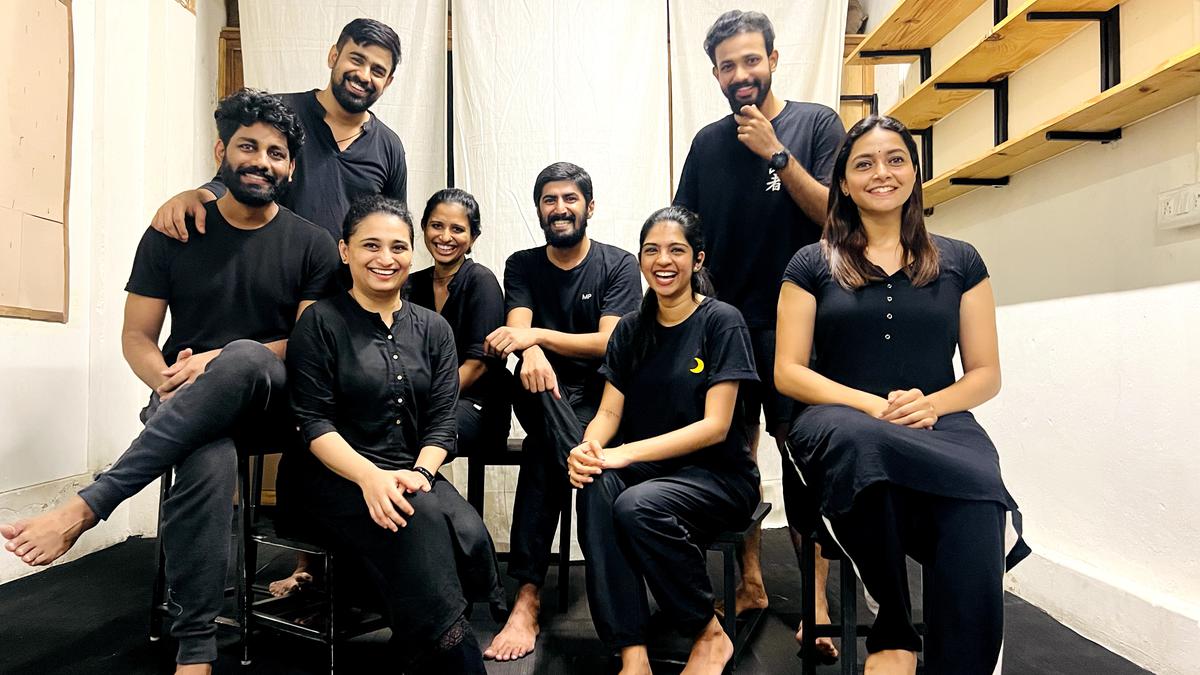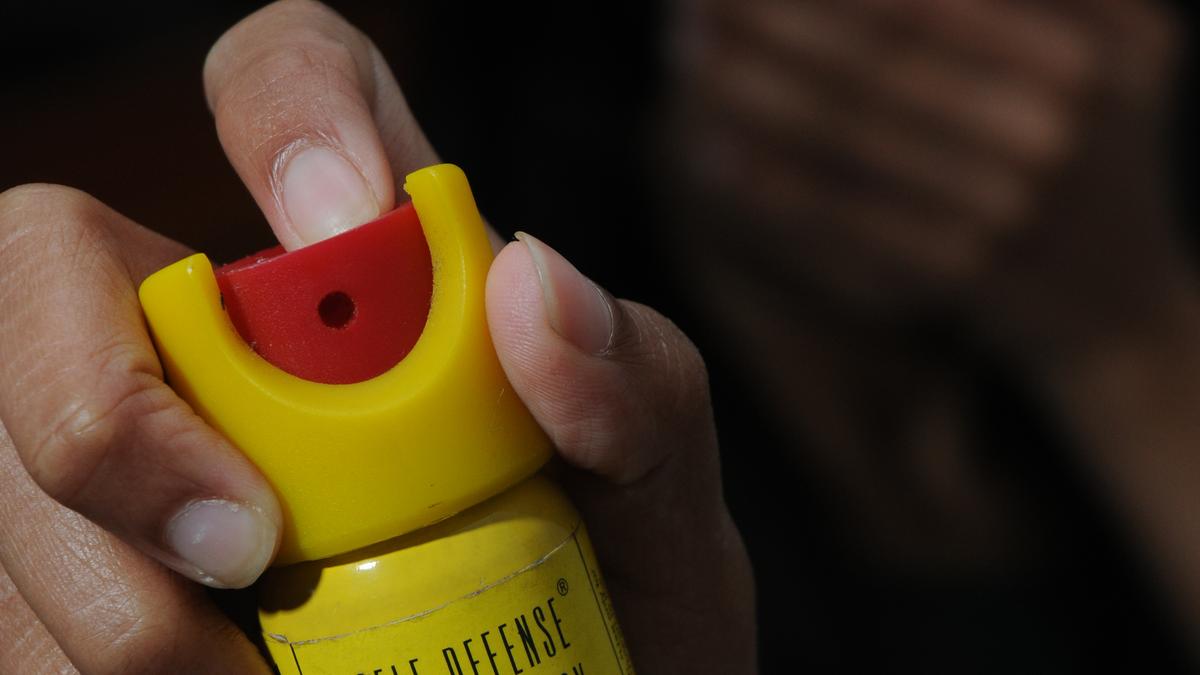The ‘Mirzapur’ actor talks about her short film ‘The Miniaturist of Junagadh,’ that tells the tale of a family caught in the crosshairs of partition
The ‘Mirzapur’ actor talks about her short film ‘The Miniaturist of Junagadh,’ that tells the tale of a family caught in the crosshairs of partition
After gaining fame across many platforms on-screen, Rasika Dugal now stars in short film The Miniaturist of Junagadh, a poignant tale of an artist and his family during the partition.
Husyn Naqqash (played by Naseeruddin Shah), an old miniature painter is forced to sell his home when his family has to move from Junagadh to Pakistan after the partition. Rasika who plays his daughter Noor, is trying to protect Husyn and her family in more ways than one. Released on May 25, 2022, on the platform Royal Stag Barrel Select Large Short Films, the film is an adaptation of a short story by Stefan Zweig.
Rasika says the film is a very gently-told tale. “In the times that we live, many people confuse interesting as fast and pacey, and I think this film will break that myth for you.”
In a conversation with The Hindu, Rasika talks about playing Noor, her love for period dramas, the relevance of partition, the evolution of streaming platforms, and more.
Can you tell us a bit about your character of Noor?
Noor is a natural care-giver. She is very sensitive to other people’s needs around her, but has a naughtiness to her character as well. She is very connected to her father because she is in deep admiration of his craft.
She is an artist herself. Even though not a miniaturist like her father, Noor did a little art of her own, and these things carved her character.
Poster of ‘The Miniaturist of Junagadh’
| Photo Credit: Special Arrangement
Did you bring in your own experiences and interpretations of Noor’s character?
The film was a very collaborative exercise.. It’s difficult to say what came from where, but everybody did their bit. I knew there was room to play around with everything, and I let myself be open to trying out new things.
Of course, I was very excited to work with Naseeruddin Shah. He used to teach me at the FTTI (Film and Television Institute of India), and I realised so much of what he taught has stayed with me even today.
Why are the themes of the film relevant even today?
It is unfortunately very relevant even 75 years later. In my lifetime, I have not seen a time more polarised than now. We have reached a place where we are shutting out people who don’t agree with our points of view; this makes the film more relevant than ever.

A still from the film
| Photo Credit: Special Arrangement
You have done several period projects like ‘Manto,’ ‘Qissa’ and ‘A Suitable Boy.’ What about this genre intrigues you?
I have done a lot of work set in the 1940s and 50s in India. It’s hard to say what draws me to this period, but I seem to have a connection with it. I feel very much at home in that era, and I feel like that pace of life is more suited to my personality than today.
Also, when I was in college, I was naturally drawn to reading progressive writers, many of whom wrote during partition. A lot of people went through a lot of grief, and identities were changed because people were uprooted. There was something new that was born, but also something old that was lost. This makes me interested to understand the human connections at a time like that.
Your roles have been quite diverse over time. How do you choose them?
I think they choose me (laughs). I would love to take credit for making the most intelligent choices, but a lot of it was also luck. For instance, Manto and Mirzapur happened together. Safia and Beena Tripathi are two very different roles, but they happened. It was very instinctive then, and when I look back, I am very happy that I made these choices.

Rasika Dugal
| Photo Credit: Special Arrangement
You have been a very prominent face in the streaming era. Do you think OTT platforms are the future of entertainment?
I think streaming services and the content that has been created here are proof of the fact that audiences are ready for diversity. The writing department has great scope in OTT. Also, because of the luxury of time, there is a scope for a true ensemble.
This has broken the format of the hero-heroine-supporting cast formula. This has also given women a lot of space, and they have not been victims of script editing. The writing has also become more nuanced, and it is also examining the life of women better than just ticking a box of feminism.
You have worked on short films, feature films, web series, audio shows, and television. What is your favourite format?
If I have to choose one, then it’s the series format. I love the luxury of time that we have, and staying with a character for a very long time.
What are your upcoming projects?
I have a bunch of stuff lined up. I have a horror series and a sports-drama series coming up, and I am also going to start shooting for Mirzapur 3 soon.






